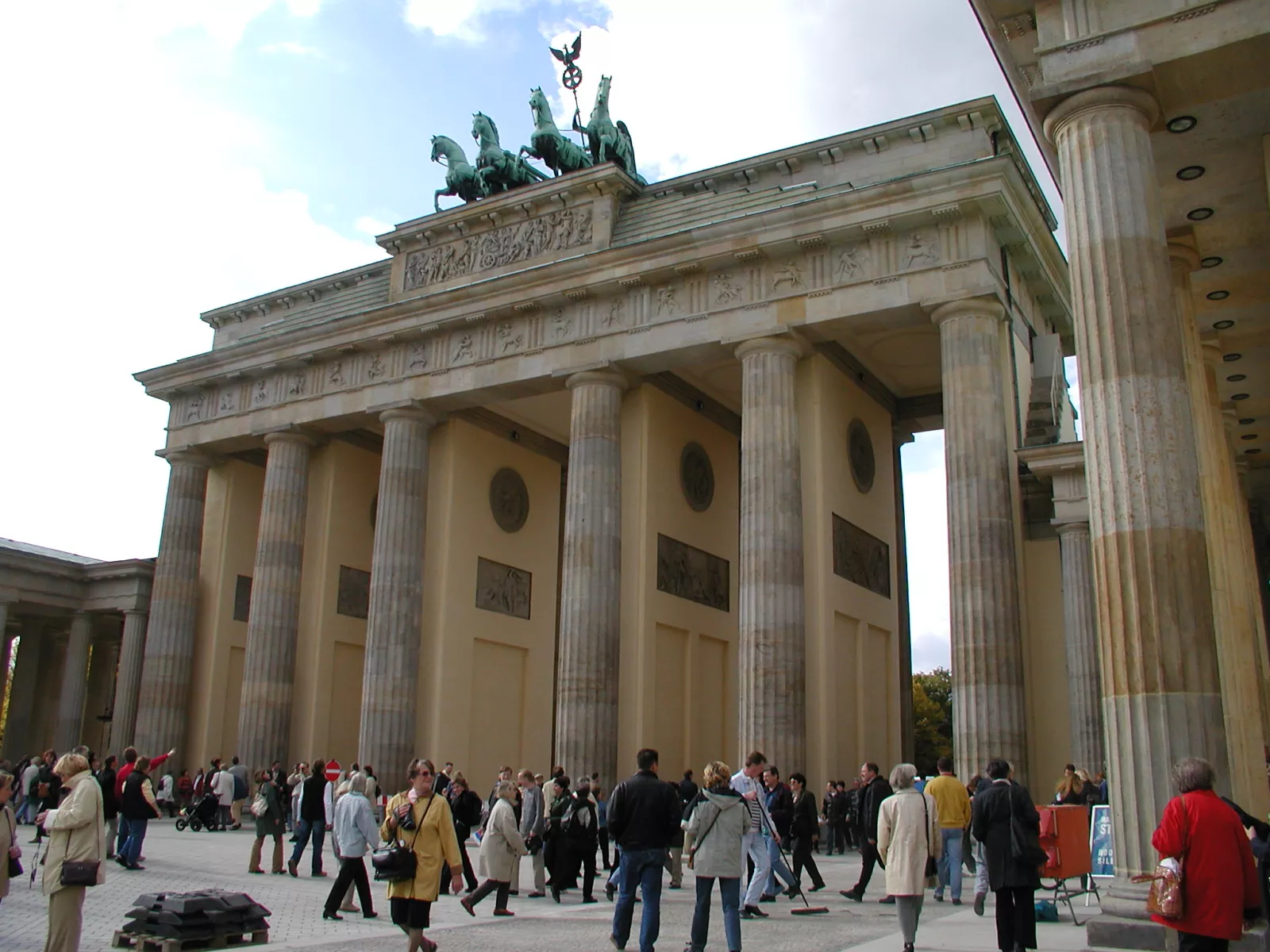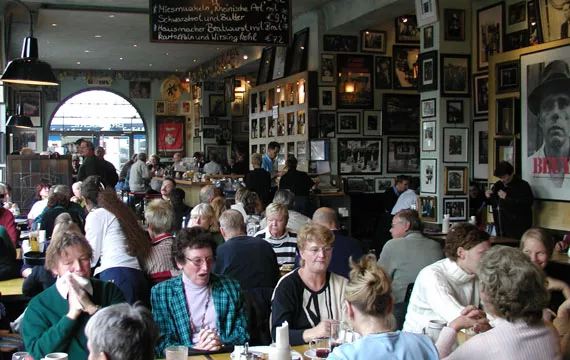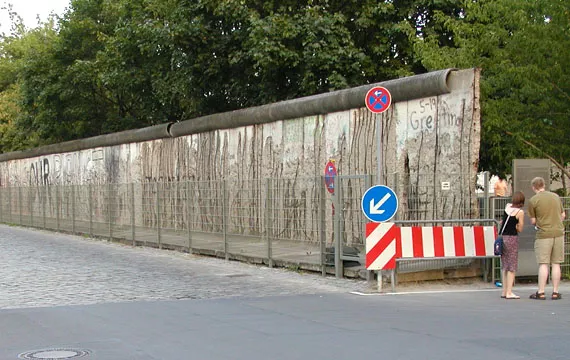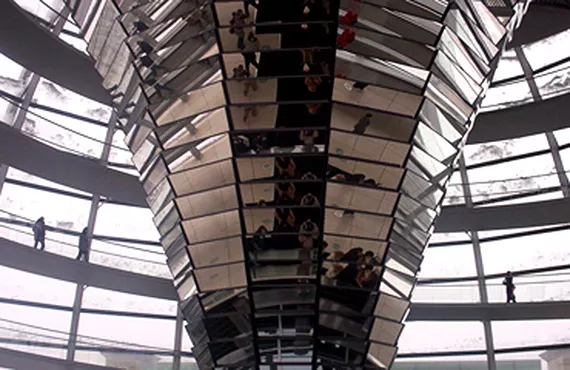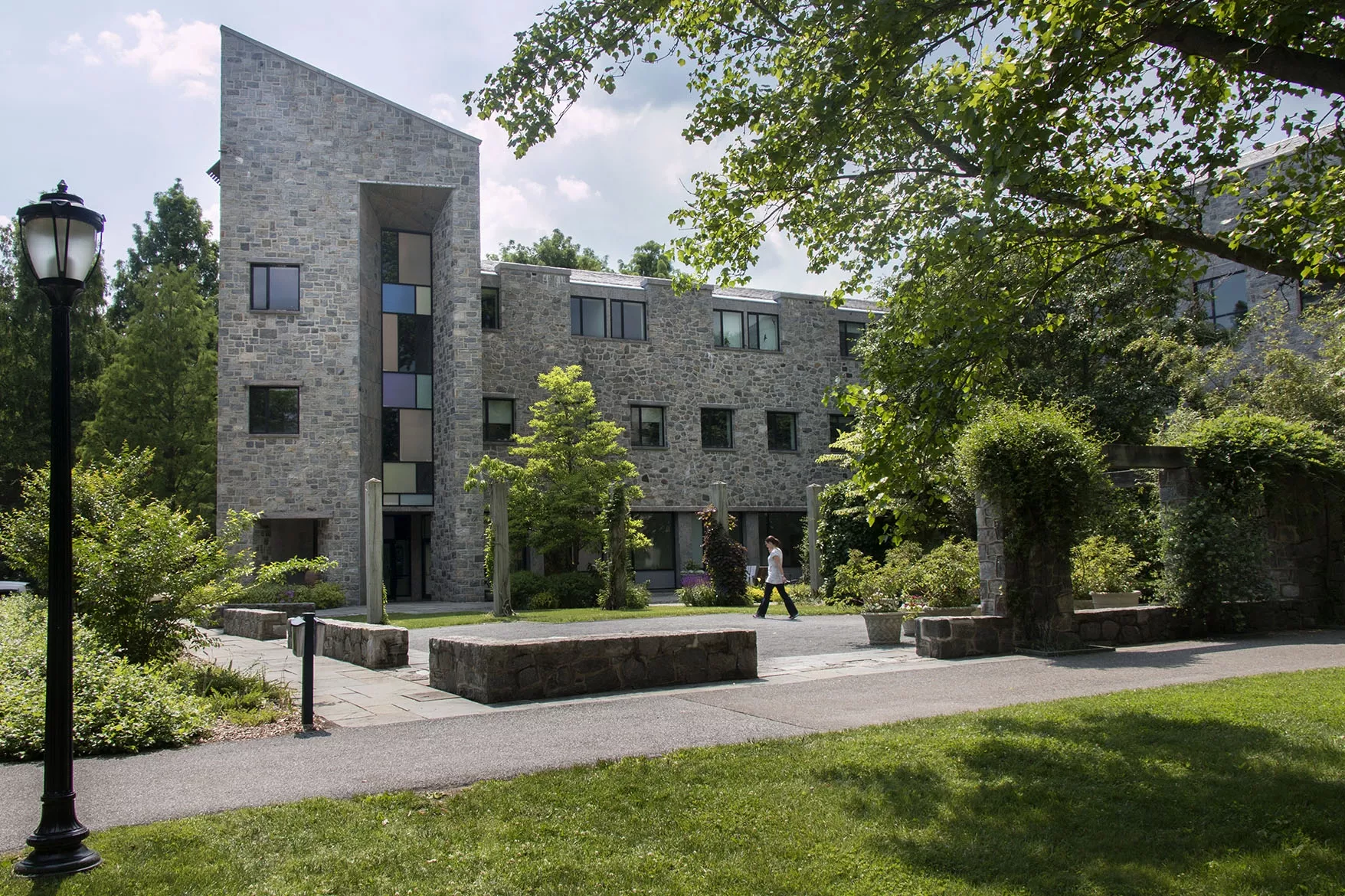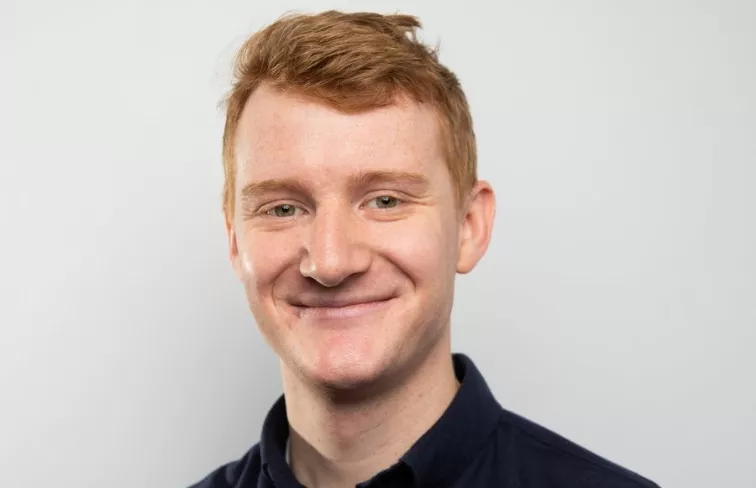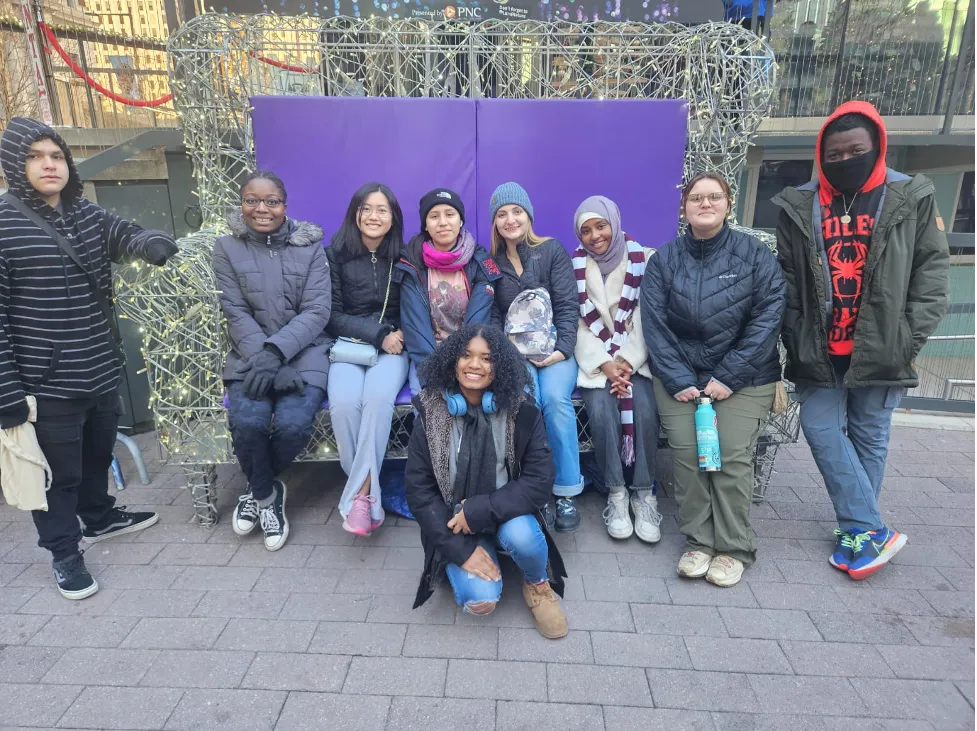German Studies at Swarthmore: Language, Culture, and Global Engagement
German is the official language of Germany, Austria, and Switzerland—three countries with diverse cultural, political, and economic traditions. It is also the most widely spoken language in the European Union and the mother tongue of significant communities in other countries. Knowledge of German grants access not only to rich literary, philosophical, and artistic traditions but also to contemporary cultural, economic, political, and scientific developments, for example in business, diplomacy, and engineering.
The German Studies Section offers a full range of courses, from beginning language classes to advanced seminars in German literature, history, media, and culture. Through small classes, interdisciplinary perspectives, and extracurricular engagement, students develop critical-thinking skills, learn to communicate across cultures, and become informed global citizens. Outside the classroom, the German Club brings together students at all levels for film screenings, game nights, cooking sessions, and cultural excursions. Students can also apply for membership in the German Honors Society (Delta Phi Alpha) and get financial support for study abroad, research opportunities, or immersive language programs. The program has a strong record of DAAD and Fulbright recipients, and we support motivated students to secure competitive internships.
Our faculty members embody the intercultural and interdisciplinary focus of German Studies. Professor Hansjakob Werlen, a native of Switzerland, has published on Kleist, Herder, and Canetti. Professor Sunka Simon, originally from Hamburg, has published on Elfriede Jelinek, German film, and popular culture; her most recent book examines German Crime Dramas from Network Television to Netflix (2023). Professor Karolina Hicke, from Poland, specializes in German Jewish literature, transnationalism, memory, and migration.
Graduates of our program develop skills that are highly valued in an interconnected world—language proficiency, cultural fluency, and the ability to think critically across disciplines. Whether students pursue graduate study or careers in academia, diplomacy, international business, or the arts, German Studies provides a foundation for meaningful global engagement.
